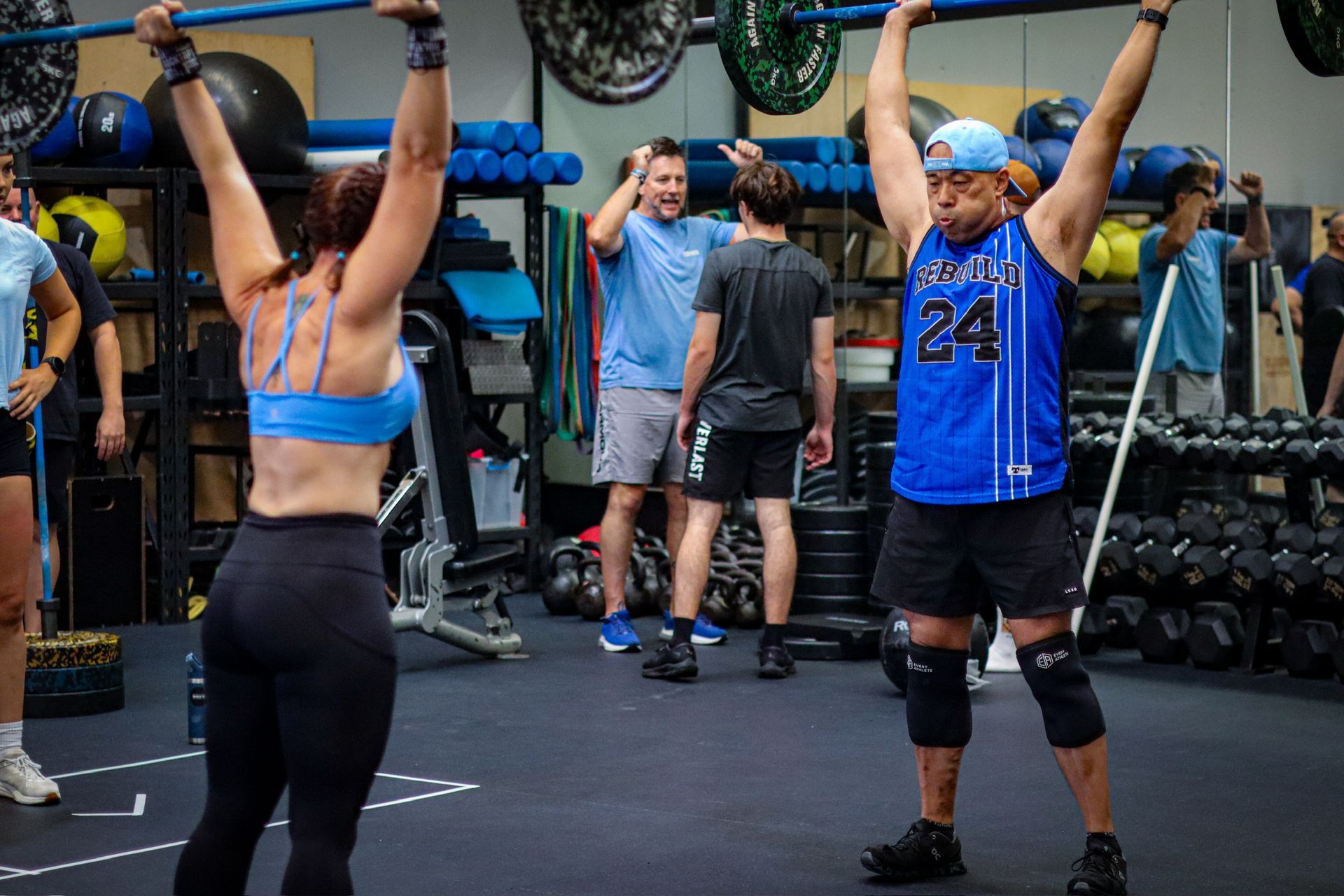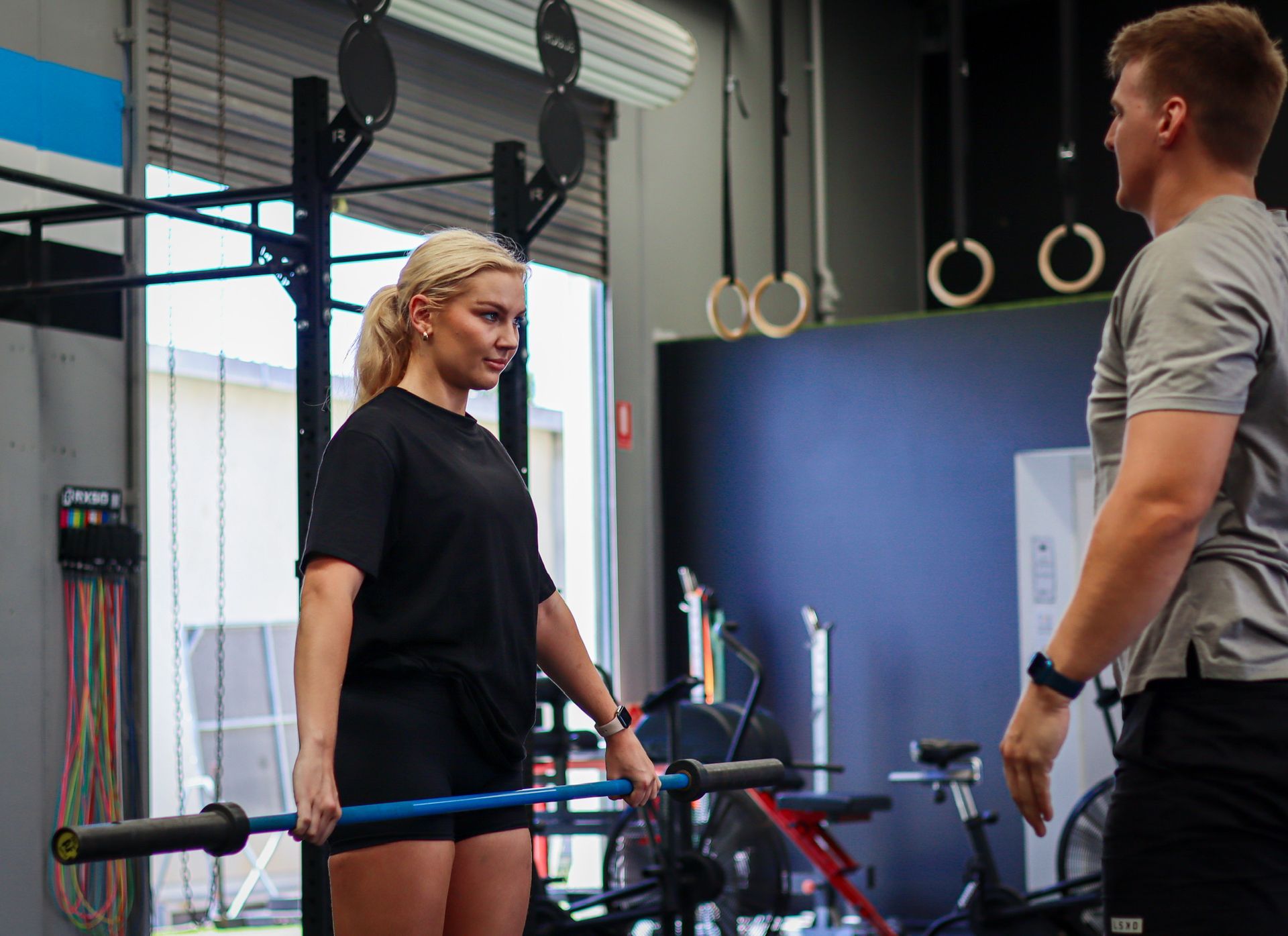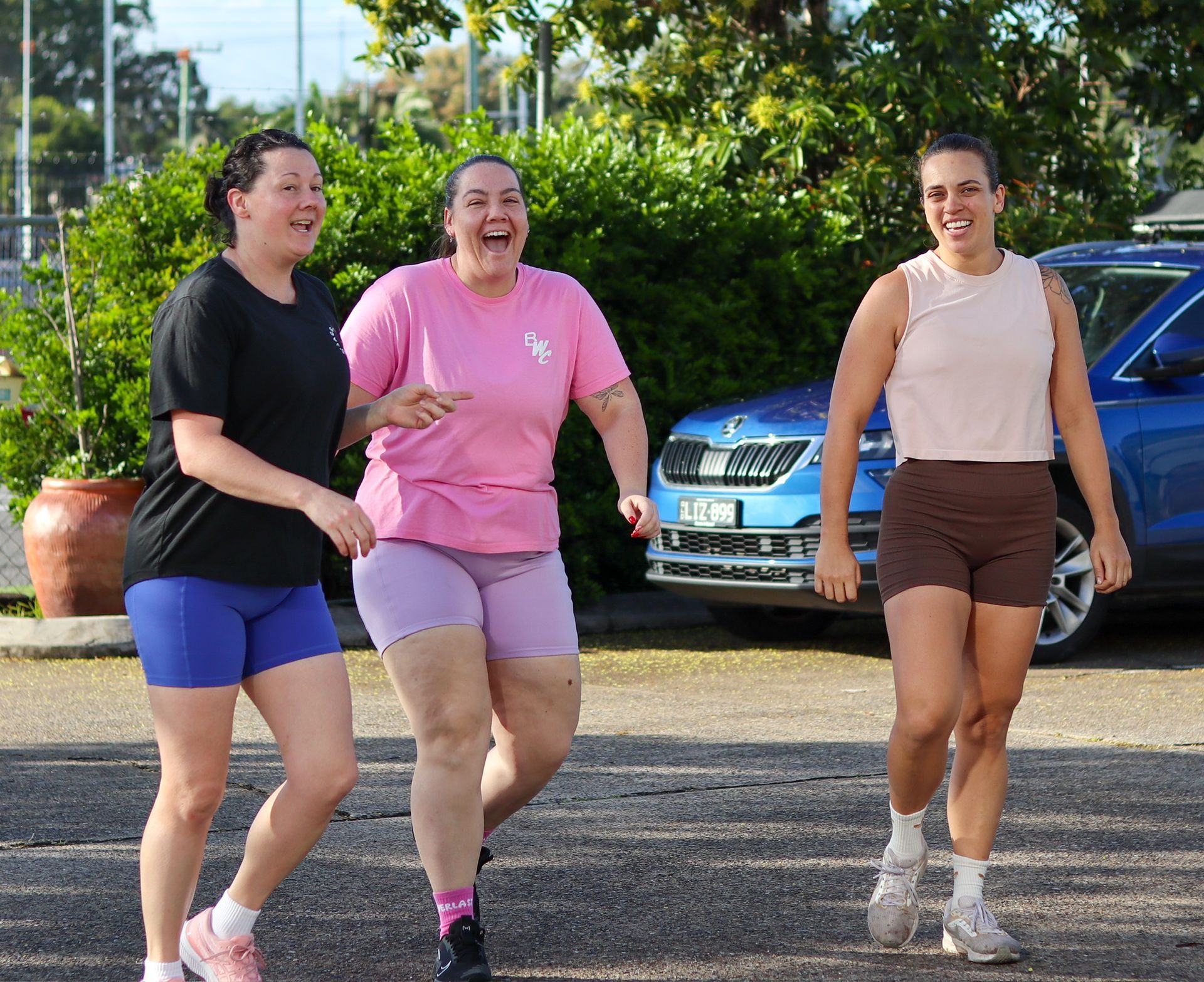How Your Mindset Is Affecting Your Health
Before you consider going on a diet, and blitzing your food and nutrition, you need to take a step back and consider what you want out of it – why are you pushing yourself to diet and what your goals are. On episode 43 of the Rebuild Health and Fitness podcast, hosts and qualified nutritionists, James Batey and Sean Carroll discuss the importance of psychology when evaluating people’s attitude to food. Speaking on the podcast, Sean says part of the problem is clients looking at training and nutrition as punishment. He says: “People come to us because they think they need to punish themselves, to get to where they want to go to be happy. It’s never a place of punishment. We’ve seen it time and time again, it doesn’t work like that when you have that approach.” James says when clients come in, the first part that’s considered is the mindset: “You have to work around the psychology of someone – behaviour and lifestyle. The thing we deal with the most, even though we’re not psychologists is the psychology – and the way that people view food.” Firstly they look at your mindset, and then, changes to ‘low-hanging fruits’ the quick changes that can make a big impact – hydration, sleep and eating vegetables.“Everyone is trying to find the shortcuts around that. But you just need to eat your veggies and hydrate well. If you do that, you’re going to be in a much better place,” says Sean. James agrees: “We say nutrition is simple, but simple is not easy.” They also encourage clients to eat the things they love every day to break the association of emotion and food. Food is a stressor for people, and they eat when they’re stressed, which causes them to stress about what they’re eating. A study was conducted on women who were constantly dieting and reducing their calorie intakes and the data found that these women weren’t healthy. Sean says: “There are interesting studies around cognitive dieting restraint. There were studies done on middle aged women who’d been perpetually dieting their whole lives – and even though their energy intake was low, because they were in such stressed states, it massively affected their energy output. “So, they thought they were eating minimal to lose weight – but they just weren’t getting enough nutrients in to want to move, because being in a stressed state affects your digestion so you’re not absorbing the nutrients as well as you could, so you’re not getting the energy to be a good human.” James explains: “It’s about finding that balance between nutrients. We harp on about flexible dieting a lot – flexible dieting being pro-choice, you get to choose what you like.But I think people get the wrong idea, thinking that flexible dieting means you get to eat whatever you want, to make progress, and it’s just not. You have to eat good, nutritious food.” James says: “Good nutrition is about obtaining the right quantities, and the right amount of nutrients, to allow our body to function in the way it’s intended to. “The quality of our food will dictate the way that we feel, and the quantity will dictate our size. You can be losing weight but if you’re eating poor quality food, you’re going to feel poor.” Listen to the podcast below, or if you want help with your nutrition, get in touch with our team. Team@rebuildhealthandfitness.com.
Previous Blogs




